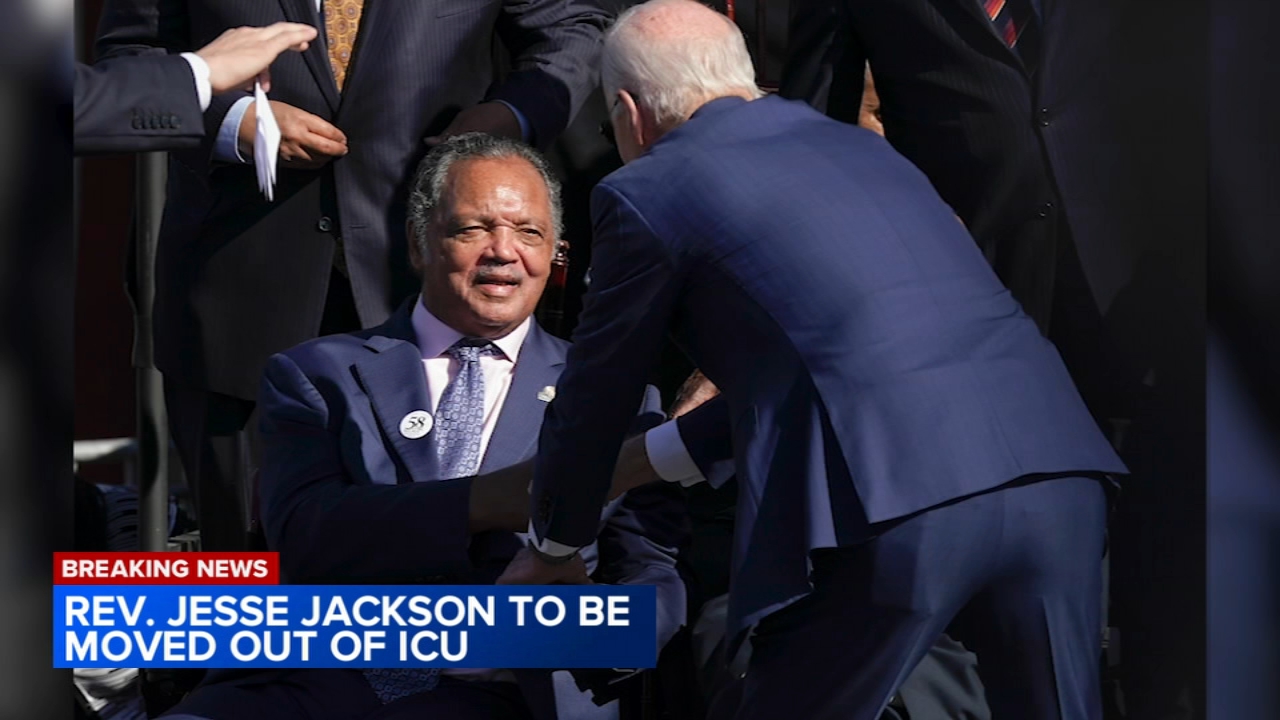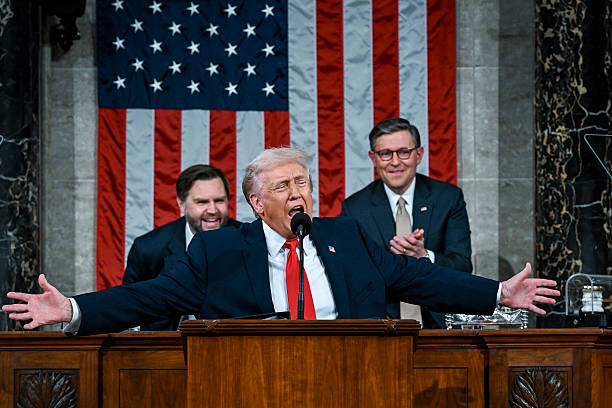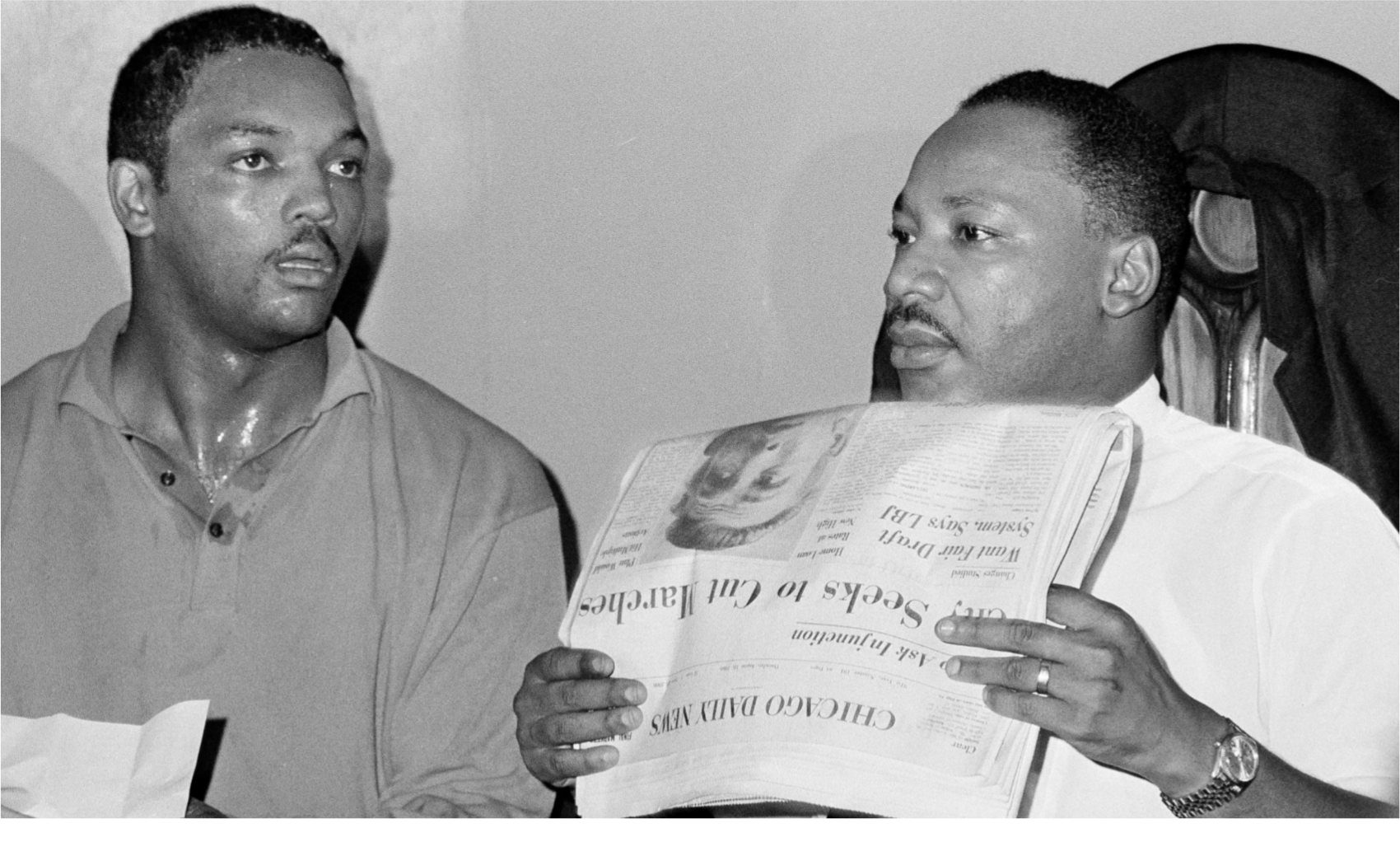(ThyBlackMan.com) The news that civil rights icon the reverend Jesse Jackson was hospitalized ignited an avalanche of media and public commentary, speculation and tributes to him. Jackson is battling a rare neurological disorder that most people had never heard of. And it has often proved fatal. This prompted the intense look at Jackson’s history, accomplishments, and place in the civil rights battles of the past half century. It also raised the perennial question what can replace that style, or even should it be replaced Jackson and his style of aggressive, activist civil rights leadership?

It’s not just a question of Jackson. It’s also a question of the Trump era. This is a time when many Blacks say a Jackson is needed now more than ever. There’s much truth to that. However, the brutal reality is that it’s virtually impossible to envision that happening. Jackson’s brand of intense 1960s activism was a product of a different time, and different place in America.
Let’s start with what spawned a Jackson–the monumental 1963 March on Washington. The march punctuated by Dr. Martin Luther King’s towering “I Have a Dream” speech acted as a powerful wrecking ball that crumbled the walls of legal segregation and ushered in an era of unbridled opportunities for many Blacks. The results are unmistakable. Blacks are better educated, more prosperous, own more businesses, hold more positions in the professions, have more elected officials, and high-ranking corporate officials, managers, and executives than ever before.
Yet that masked the harsh reality that the times and challenges now are far different and, in some ways, far more daunting than what Jackson faced.
As America unraveled in the 1960s in the anarchy of urban riots, campus takeovers, and anti-war street battles, the civil rights movement and its leaders fell apart, too. Many of them fell victim to their own success and failure. When they broke down the racially restricted doors of corporations, government agencies, and universities, middle class Blacks, not the poor, were the ones who rushed headlong through them.
King’s murder in 1968 was the turning point for race relations in America. The self-destruction from within and political sabotage from outside of Black organizations left the Black poor organizationally fragmented and politically rudderless. The Black poor lacking competitive technical skills and professional training, and shunned by many middle-class Black leaders, became expendable jail and street and cemetery fodder. Some turned to gangs, guns, and drugs to survive.
Countless studies have shown that the economic and social gaps between whites and African Americans have widened over the last few decades despite massive spending by federal and state governments, every imaginable state and federal civil rights law on the books, and two decades of affirmative action programs. The racial polarization has been endemic between Blacks and whites on virtually every issue from the battle over and need for DEI to the gaping racial disparities, in health, education, and the criminal justice system.
The Trump assault on the civil rights gains that Jackson and other civil rights leaders were instrumental in ushering in is in a sense an escalation in the backlash to their brand of civil rights activism and accomplishment.
There’s no reason to expect Trump and his MAGA Nation millions will put pause to that. The series of No Kings marches were fightback against Trump’s brutal assault. They were a carbon copy of the style and techniques of mass protest that Jackson was at the center of for so many years.
But again, times were different. Jackson and the civil rights leaders years back had the sympathy and goodwill of millions of whites, politicians, and business leaders in the peak years of the civil rights movement. Much of that goodwill has vanished in the belief that Blacks have attained full equality.
Then there’s the reality that race matters in America can no longer be framed exclusively in Black and white. Latinos and Asians have become major players in the fight for political and economic empowerment and figure big in the political strategies of Democratic and Republican presidential contenders. A Jackson replacement would have to figure out ways to balance the competing and contradictory needs of these and other ethnic groups and patch them into a workable coalition for change.
It’s grossly unfair to expect today’s civil rights leaders to be the charismatic, aggressive champions of civil rights that Jackson was. Or to think that another March on Washington could solve the seemingly intractable problems of the Black poor.
The times and circumstances have changed too much for that. Still today’s crop of civil rights activists can draw strength from Jackson’s courage, vision and dedication. They can fight the hardest they can against racial and economic injustices that have hardly disappeared. This is still a big and significant step toward again carrying the torch that Jackson carried for so long and so well.
Written By Earl Ofari Hutchinson
One can find more info about Mr. Hutchinson over at the following site; TheHutchinson Report.
Also feel free to connect with him through twitter; http://twitter.com/earlhutchins

















Leave a Reply